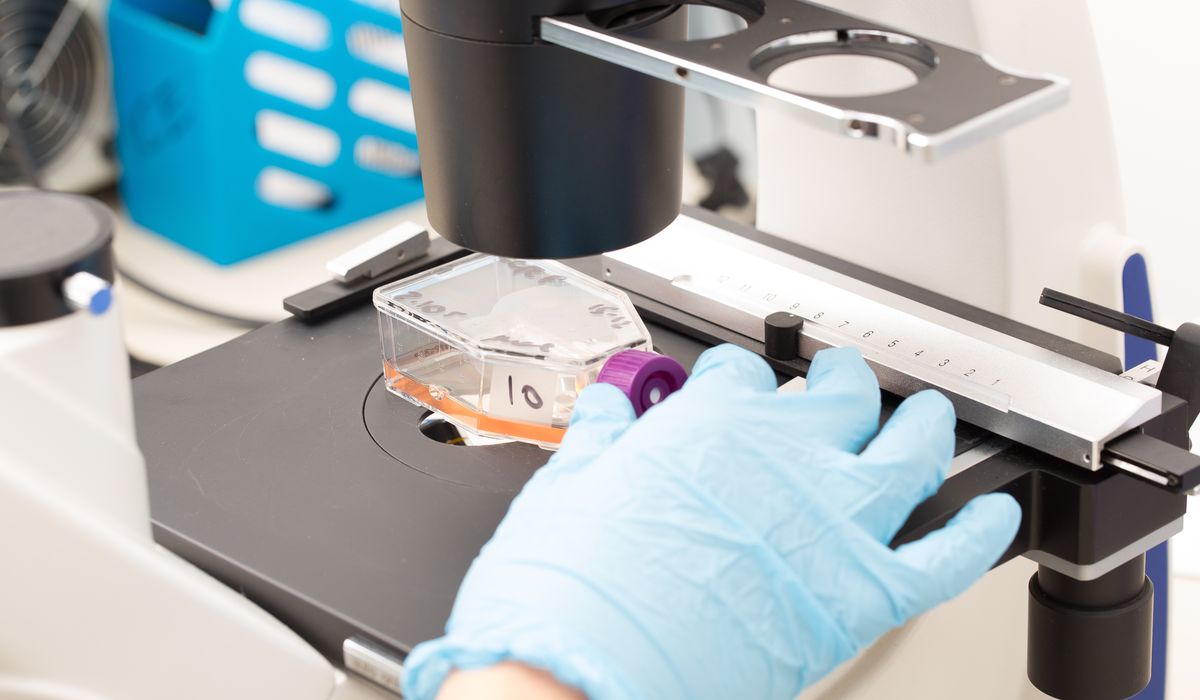


A groundbreaking discovery may soon allow cancer to be detected up to seven years earlier than current methods using a simple blood test.
Two studies funded by Cancer Research UK have identified specific proteins in the blood that could signal the presence of cancer long before it is currently possible to diagnose, Metro reports.
“We now have technology that can look at thousands of proteins across thousands of cancer cases, identifying which proteins have a role in the development of specific cancers, and which might have effects that are common to multiple cancer types,” Professor Ruth Travis, senior author of both studies, told Metro.
Scientists from Oxford University have pinpointed 618 proteins associated with 19 different types of cancer. Remarkably, 107 of these proteins were found in blood samples collected from a group of individuals at least seven years prior to their cancer diagnosis.
The research indicates that these proteins may be present at the very earliest stages of cancer development. This early presence suggests that it could be possible to prevent the disease or detect it much sooner than existing diagnostic methods allow.
The scientific team employed a powerful technique known as proteomics, which enables the analysis of a large array of proteins in tissue samples at a single moment in time. This approach provides valuable insights into how proteins interact and highlights significant differences between various tissue samples.
In the first study, scientists examined blood samples from more than 44,000 British participants, including more than 4,900 who were subsequently diagnosed with cancer. By using proteomics, the researchers analyzed a set of 1,463 proteins from a single blood sample from each person. They then compared the proteins of individuals who later developed cancer with those who did not, identifying differences and establishing connections to cancer risk.
The researchers also identified 182 proteins that showed variations in the blood three years before an official cancer diagnosis.
• Staff can be reached at 202-636-3000.
